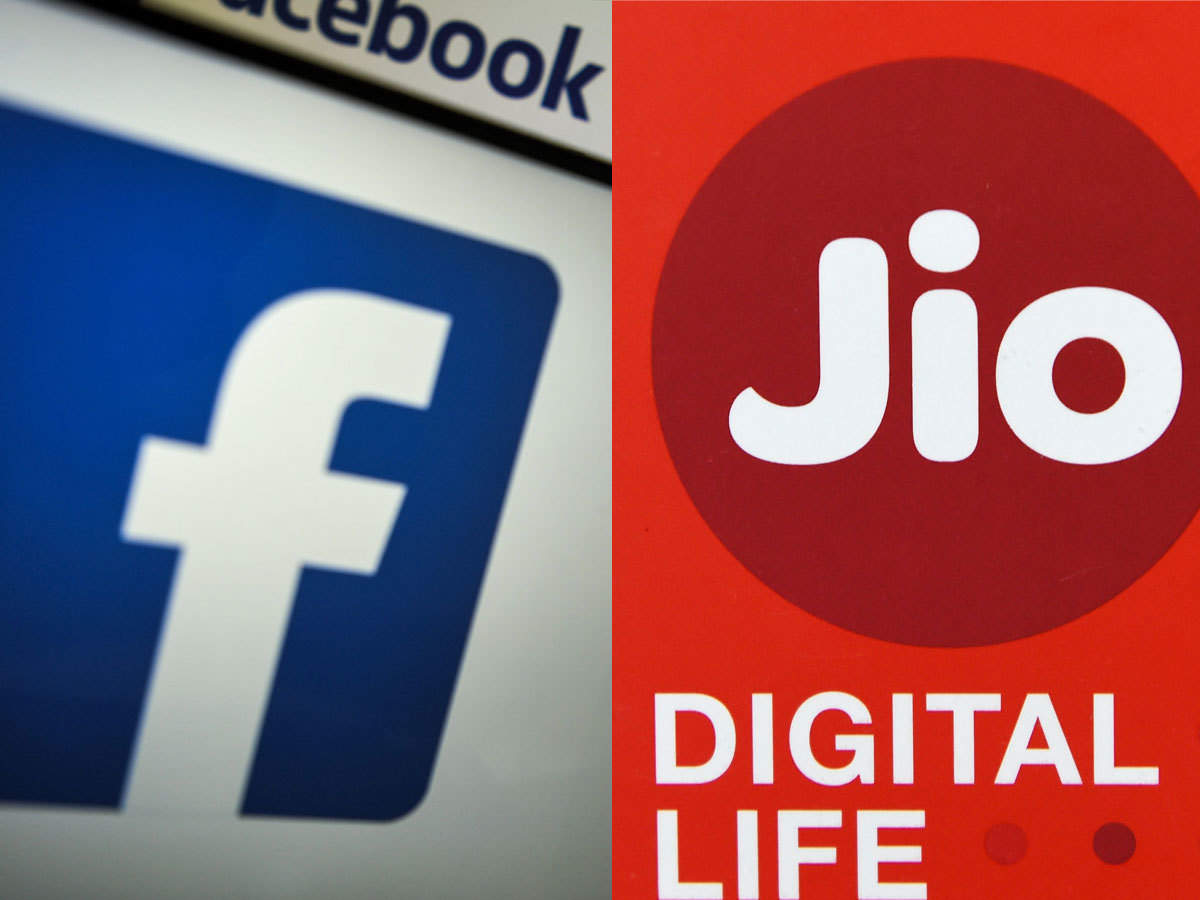
Facebook has acquired a 9.99 % stake in Reliance Industries’ Jio Platforms for Rs 43, 574 crores.
It is the largest FDI in the technology sector in India. It is also the largest investment for a minority stake (of 9.99 %) by a technology company anywhere in the world.
This post explains what is in the deal for both the parties.
What is in it for Jio?
Reliance will be able to leverage the ubiquity of WhatsApp to expand its business on the JioMart platform. The deal will give access to Jio to 400 million user-base of Whatsapp.
JioMart is an e-commerce platform launched by Jio to enable small Kirana stores to transact digitally with its customers. It basically helps small businesses to connect with customers. The collaboration between Facebook and Reliance has the potential to transform India’s retail landscape and empower millions of small Kirana stores to reach more customers.
The deal will also help Reliance Industries Ltd. (RIL) reduce its debt. Reliance Jio has been on a massive investment spree to create the digital infrastructure required to facilitate its massive expansion into the Indian telecom industry.
It had to accumulate a huge amount of debt to finance the investment. As of 2019, the net debt (after deducting cash in hand) of Reliance Industries Ltd (RIL) stood at 1.53 lakh crores. This imposed huge interest costs on RIL. Therefore, Mukesh Ambani told his shareholders in the last year’s Annual General meeting about his plan to make RIL net debt-free by March 2021.
The Facebook-Jio deal will bring RIL closer to its goals. After deducting tax payments, RIL will have final realisations of around Rs.38000 crore from the deal. [RIL has made two other deals in this regard, but they have not got regulatory approvals- sale of 20 % stake in refining and petrochemical operations to Saudi Aramco & sale of a stake in telecom tower business to Canadian firm Brookfield]
What is in it for Facebook?
Facebook has always wanted to venture into telecommunications to expand its product offerings to first-time internet users in India. In 2016, it launched Free Basics plan to provide select websites to Indians for free, but it was banned by the Telecom Regulatory Authority of India (TRAI) as it was against the principle of the net-neutrality, which essentially means all content on the internet should be treated equally. Simply put, Facebook was not allowed to provide only select apps for free on the plan.
In 2017, Facebook launched Express Wifi, which allowed retail stores in remote rural areas to provide internet hotspots to its customers at a low cost. As of yet, only 500 retail stores have signed on to the services.
All said, Jio has given Facebook the opportunity to reach more people in rural areas. Jio is the biggest telecom provider in India with a subscriber base of 370 million users as of December 2019. Moreover, it has made data so affordable that India now has the cheapest data plan in the world.
Facebook will also be able to provide e-commerce services on its already ubiquitous Whatsapp through the collaboration with JioMart. Facebook is negotiating with the Government to launch its payment service on WhatsApp.
Though Facebook is awaiting regulatory approval for WhatsApp payment services, Reliance will be able to help it in navigating the regulatory hurdle. If it comes through, WhatsApp will become a ‘super-app’ which provides chatting, e-commerce, and payment services all in one app.
Lastly, the deal will help Facebook compete with Chinese Apps like Tiktok. It will also put it in leagues with other tech investors in India like Softbank, Google, Microsoft, and Amazon.
To conclude, this deal has the potential to radically transform the e-commerce market in India. But, it can have an adverse impact on the telecom sector as it will make Jio stronger than before. The entry of Jio had led to intense price-wars in the industry and only 4 players survived. The deal could push Vodafone closer towards bankruptcy.
[Read: Why is the telecom sector in India under stress?]
It also raises serious concerns regarding data privacy, given Facebook’s past records of not being able to protect user’s data.